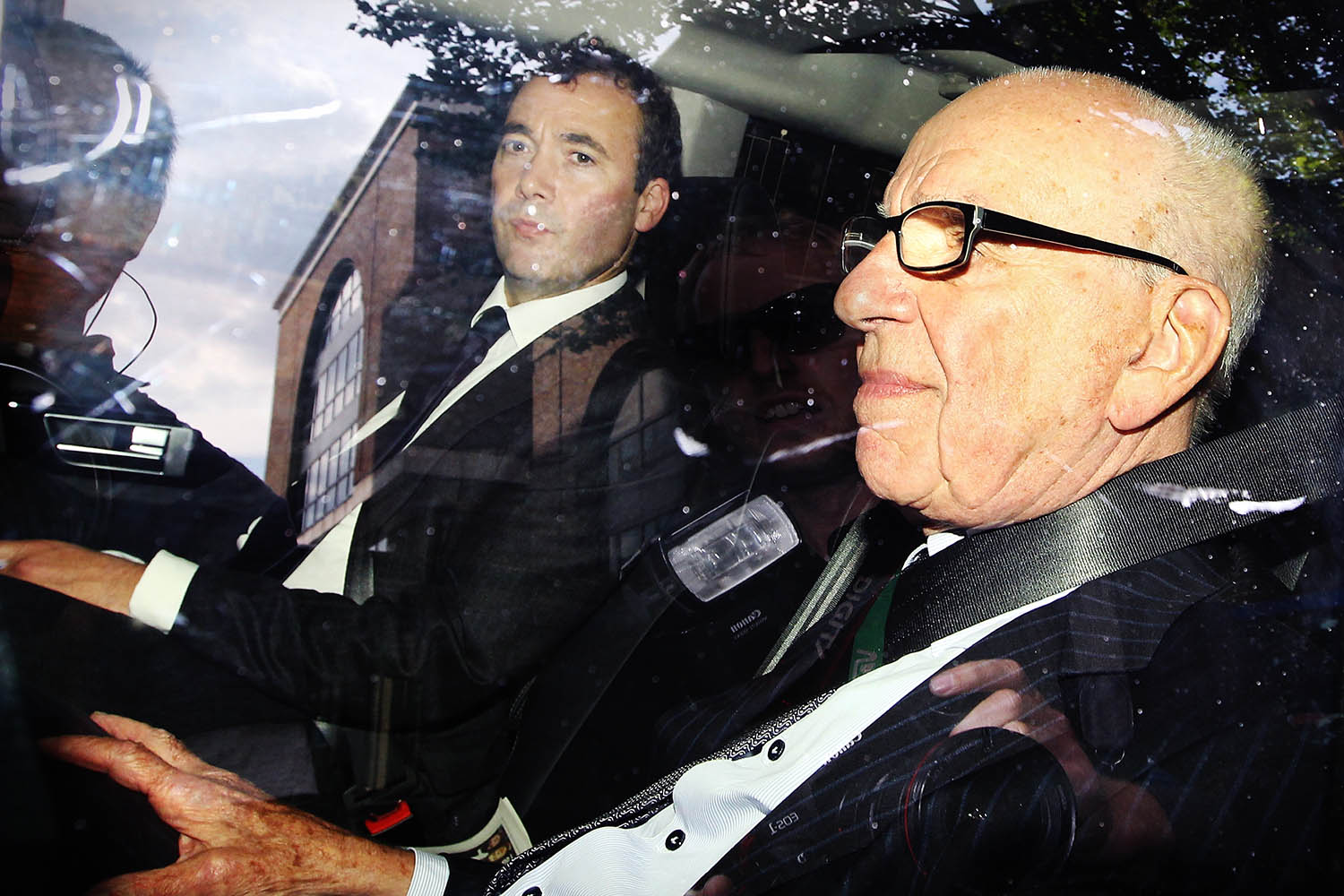
The 2011 phone hacking scandal continues to drip poison onto former executives from Rupert Murdoch’s British newspapers, including Washington Post publisher Will Lewis
One of the world’s great newspapers, the Washington Post, has been shaken by a decision taken before the re-election of Donald Trump and by the fallout from the long-ago scandal of phone hacking in the UK.
So what? At the centre of both is the paper’s publisher, William Lewis. An email seen by Tortoise gives a flavour of the kind of new evidence which could surface in a civil trial due to start next month.
The decision. The Post chose not to endorse a candidate in the US presidential election. Its owner, Jeff Bezos, made the call and Lewis backed him. The paper’s staff largely didn’t.
Axios reported yesterday that the mood at the Post is “so dire” that two candidates to run the paper both withdrew over the paper’s strategy.
The fallout. The 2011 phone hacking scandal continues to drip poison onto former executives at Rupert Murdoch’s British newspapers, with Lewis among them.
Two potential developments in phone hacking could make life tricky for him:
- if the Met Police decide to reopen a criminal inquiry into hacking, as former prime minister Gordon Brown is urging them to do; or
- if a civil claim brought by Prince Harry and former Labour deputy leader Tom Watson goes to trial in January.
The background. The early months of 2011 were a critical period in phone hacking. A new police inquiry was under way, and it’s now known that Rupert Murdoch’s News Group Newspapers (NGN) deleted millions of emails which could have been useful to the investigation (to clean up some glitchy servers, say NGN; to hide evidence from the police, say their critics). Lewis played an important role in authorising and justifying the deletions.
- On 24 March that year a senior Met Police officer, John Yates, gave evidence to the select committee investigating hacking. He was pressed on whether previous police inquiries had fully investigated NGN’s chief executive, Rebekah Brooks, after she’d admitted some years before that the company had paid police for information.
- Under pressure from Tom Watson, a member of the committee, Yates said “there might be possible offences there”.
- Two hours later, Lewis, then NGN’s general manager, drafted an email to a colleague. Its final destination was to be Rebekah Brooks.
What to do about the suggestion that Brooks might have admitted to something criminal? Lewis’s advice in the email was: “We need to go for Watson personally.”
He went on: “A small bomb has gone off in the select committee and we need to shift attention by starting a fight elsewhere.”
The strategy outlined by Lewis in his email was to publicly attack Tom Watson as ‘devious’ and conflicted because he didn’t declare at the select committee that he was taking legal action against NGN. “Watson will be forced to respond to this personal attack on him, and possibly issue a writ,” the email suggests.
The context. Until recently, 41 people, including celebrities Louise Redknapp and Alfie Allen and politicians Sir Vince Cable and Andy Burnham, had outstanding civil claims against NGN for phone hacking and other illegal activities. Last month it emerged that all but two had agreed settlements – but those two may be more important in the long run.
If Prince Harry and Watson end up in court in January, as they’re currently scheduled to, it will be a hugely significant moment.
- A vast amount of new evidence will be heard and a judge will make a determination of right or wrong on the facts.
- That’s never happened before in civil claims for phone hacking.
What’s more… In that welter of new evidence, advocating a policy of – in effect – publicly smearing a prominent MP for corporate ends, as Lewis appeared to do, may pale into smaller significance. For now, it adds to a growing list of suggestions that he was prepared to indulge in surprisingly dark arts to protect Murdoch’s newspaper businesses from proper scrutiny.
Tortoise asked Lewis about the email. He declined to comment.










